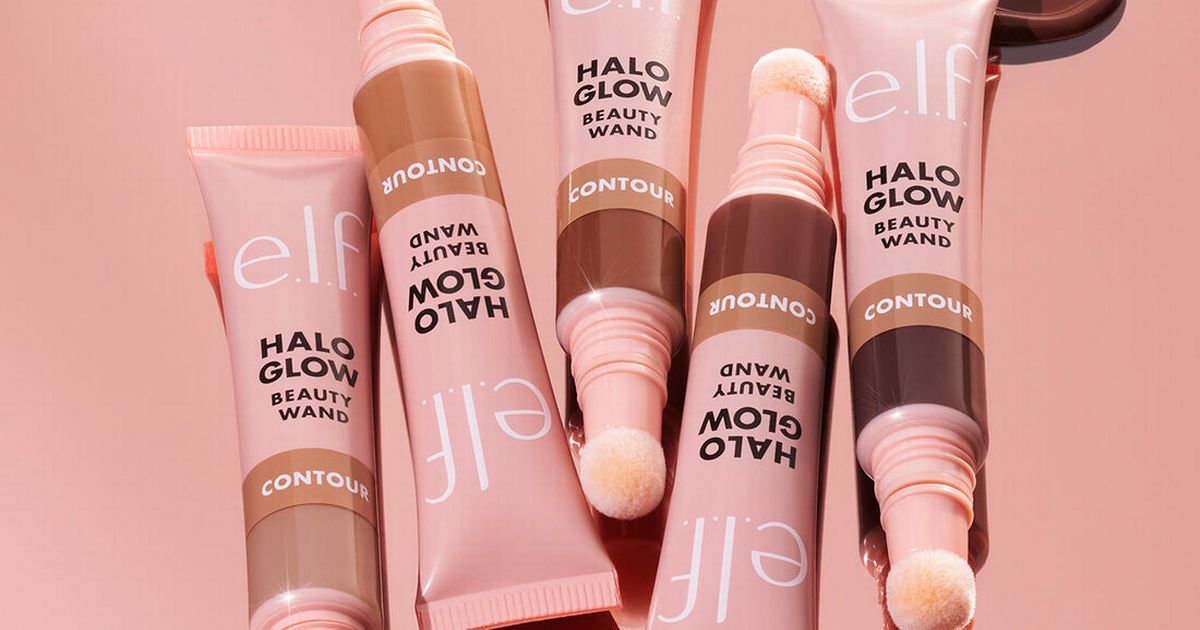MANY Brits' daily routines are taken up by a revolving door of screens.
We'll often reach for our phone first thing in the morning, spend hours in front of a laptop at work, and decompress in the evening by watching telly.
The light these devices emit is called 'blue light'.
It's a shorter-wavelength light that can be found in everything from lightbulbs to many everyday electronic devices, including smartphones, laptops, flat-screen TVs, and tablets.
Experts have previously warned that the light from our phones and tablets is fuelling 'an epidemic of sleep deprivation'.
But studies have also suggested that prolonged exposure blue light could be wreaking our skin as well as our sleep.
Read more on skin health
Shocking pic shows what too much screen time does – 4 ways to protect your eyes
Shocking graphics reveal how lack of sleep damages your body within HOURS
Skin expert for Digital Defence, Dr Johanna Ward previously told The Sun: "High energy blue light can cause significant damage to the eyes and the skin causing accelerated ageing – not only from direct exposure but from our skins ability to repair itself."
Research dating back to 2018 found that exposure to blue light for even an hour can cause reactive oxygen species (ROS), molecules which are linked to premature aging in the skin.
A more current study from 2023 also linked ROS to skin damage and faster aging, though it noted that 'the precise process is still not fully known'.
But Dr. Cameron Rokhsar, a board-certified dermatologist and an associate clinical professor of dermatology at Mount Sinai Hospital, told Insider that none of these papers conclusively point to blue light causing wrinkles and dark spots.
Most read in Health
Mum, 27, dies after being found unconscious – leaving behind four daughters
Smokers will get FREE vapes and shopping vouchers to quit cigarettes
I'm proud of Debs' legacy… £11m fund keeps others alive, says husband
Warning as dozens of cheeses removed from shelves after Brit died in outbreak
"Clinically, we have no evidence," he said, pointing to a 2020 study that suggested the light variety could actually prevent certain skin diseases.
How can you protect your skin from blue light?
Whether or not experts' theories on blue light are definitively proven, there are a number of ways you can protect your skin.
- Get enough shuteye
One thing that is proven is that exposure to blue light can interfere with your sleep.
As well as putting stress on your body, sleep and insomnia expert, Hussain Abdeh said a lengthy period of time without shuteye can also mark your skin.
Puffy eyes, paleness, dry skin and reduced collagen production – which causes wrinkles – were just some of the symptoms he mentioned.
Meanwhile, a 2019 study by skincare brand YourGoodSkin found that women who slept too little were more prone to break outs and spots.
So getting the recommended hours of kip – between seven and nine hours for adults – is probably one of the best things you can do for your skin.
While you have less control over how much time you spend at your work computer, tapering down on TV before bed could benefit both your face and your sleep schedule.
2. Apply vitamin C serum
Dr Joshua Zeichner, an associate professor at Mount Sinai and the director of cosmetic and clinical research at Mount Sinai Hospital, recommended you incorporate vitamin C serum into your skincare regimen.
This'll brighten your skin and neutralise environmental damage, he told Insider.
3. Use sun cream
Many dermatologists already recommend you wear sun block when you step outside, to lessen the sun's damaging effects on your skin.
But Dr Zeichner said you should be applying it even if you don't go outside – sunlight can still impact your skin indoors and seemingly, so can the light from your devices.
Read More on The Sun
Urgent warning for 150,000 grandparents missing out on £6,875 pension boost
Parents are scrambling to get their hands on kids’ Croc dupes from Home Bargains
He recommended choosing a mineral sunscreen that physically blocks out light.
Source: Read Full Article











